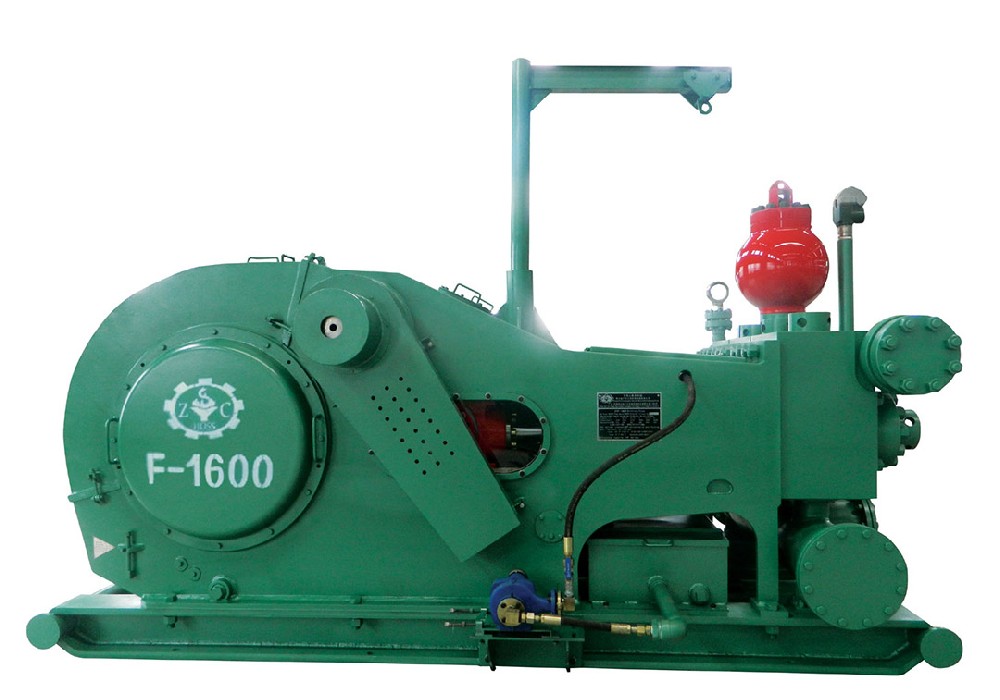The petroleum industry plays a critical role in meeting the global energy demand, and petroleum machinery is at the heart of this industry. The power and complexity of this machinery cannot be overemphasized, especially considering the industry’s need for efficiency, safety, and sustainability.

The evolution of petroleum machinery has witnessed significant transformation in recent years. From the development of horizontal drilling to the use of hydraulic fracturing and other exploration technologies, the oil and gas industry has become increasingly efficient and sustainable. However, the major challenge facing this industry is how to maintain this efficiency while reducing environmental impacts associated with the extraction and processing of crude oil.
Fortunately, technology offers a possible solution. The petroleum industry is undergoing a digital transformation, and this has brought about innovative technologies that are playing a significant role in making exploration, extraction, and processing more efficient and sustainable. The following are some of the latest trends and technologies in petroleum machinery that are gaining prominence globally.
1. Automation: Automation technology is transforming the petroleum industry, and it is being used to improve the efficiency of drilling operations. There are now drilling rigs that can operate autonomously, reducing the need for human intervention. This technology is not only increasing efficiency but also safety in the industry.
2. IoT: The Internet of Things (IoT) offers endless possibilities for the petroleum industry. With IoT-enabled sensors, equipment can communicate with each other, collect, and analyze data in real-time, improving the decision-making process. IoT is also being used to monitor equipment performance, detect potential failures, and schedule maintenance.
3. Digitization: The use of digitization technology is helping the petroleum industry reduce expenses associated with exploring and producing oil and gas. Digital technologies can be used to create 3D models of geologic formations, and this is transforming exploration as well as drilling and extraction. Digitization is also being used in the optimization of the refining process, enabling refineries to create higher-value products at a relatively low cost.
4. Sustainability: Sustainability is becoming increasingly critical to the petroleum industry, and there is a growing need for petroleum machinery to be more environmentally friendly. Innovations in renewable energy, such as biofuels and wind power, are being adopted by petroleum companies. The use of sustainable materials in the construction of petroleum machinery is also gaining prominence.
In conclusion, the future of petroleum machinery is about reliability, efficiency, and sustainability. The digital transformation of the petroleum industry brings about more innovation, which allows exploration and production to be more efficient and sustainable. As a result, petroleum machinery will continue to evolve, embracing new technologies and practices that increase efficiency while reducing environmental impacts. Innovation is key to the survival and growth of the petroleum industry, and those who adapt will reap the benefits.